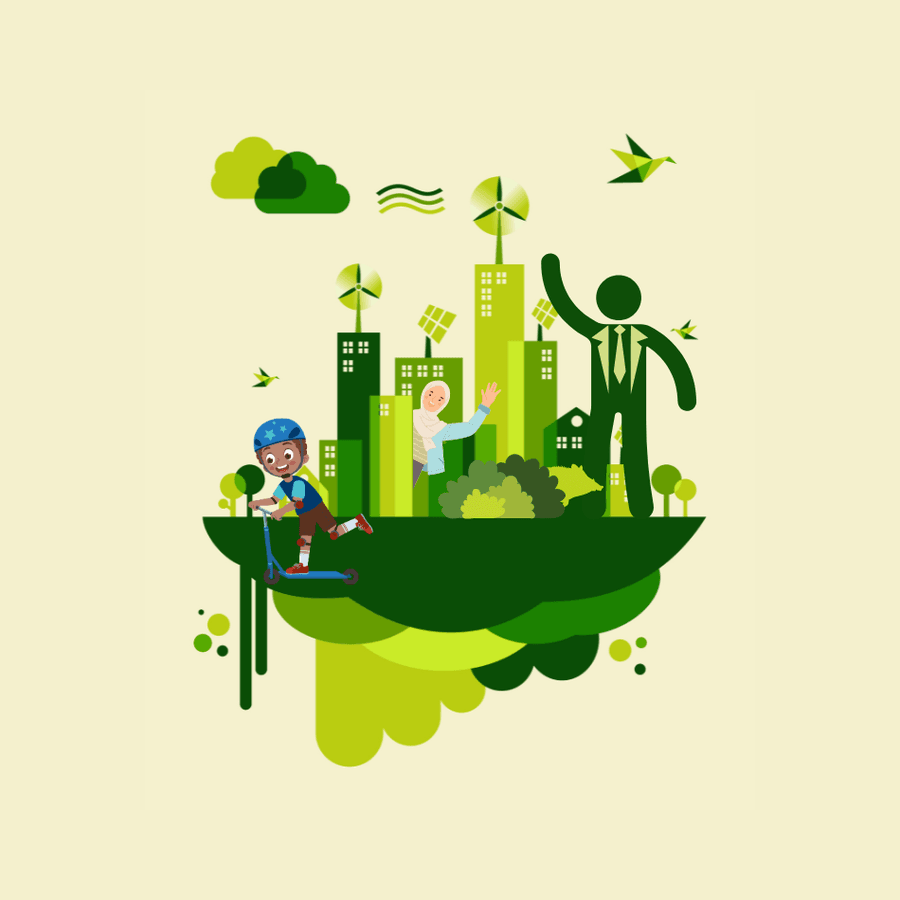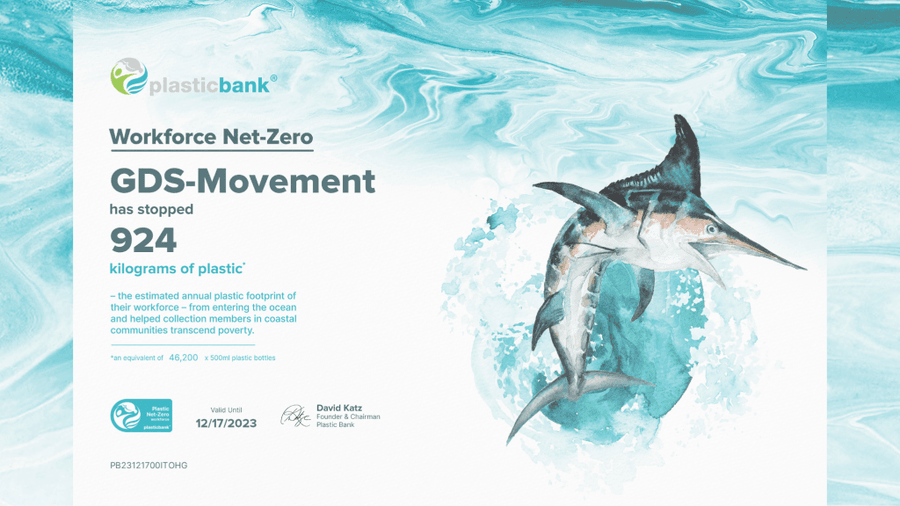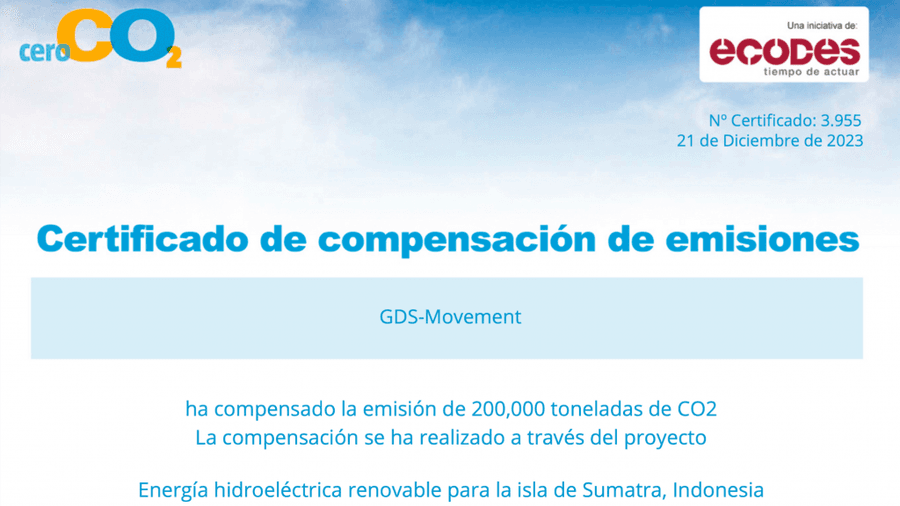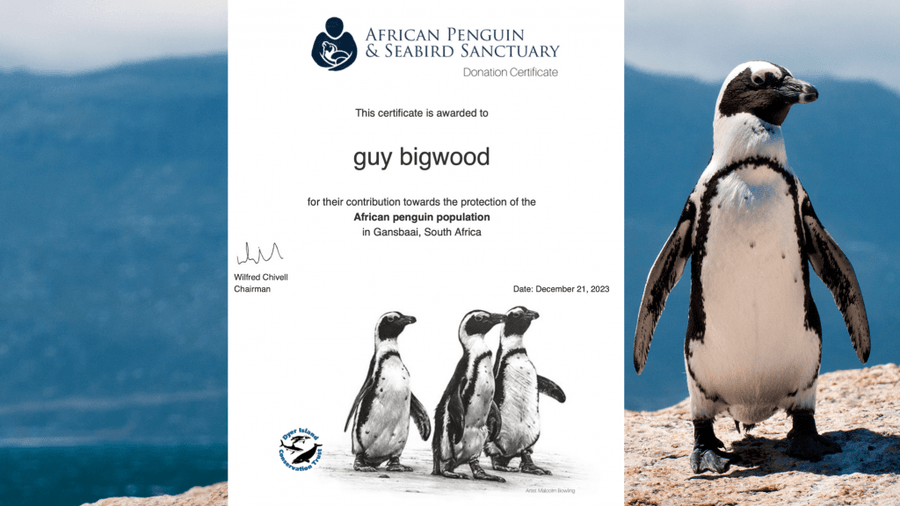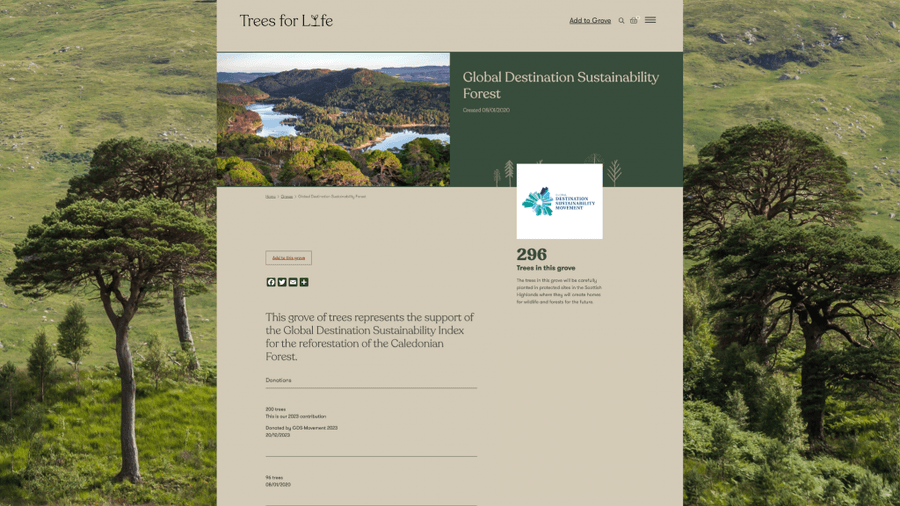As we embrace 2024, we would like to thank you for being part of the movement towards greater regeneration in destinations through tourism and events. Together, we can achieve more, which is critical to co-creating a world we can all thrive in.
Just in time for transformation
The timing is perfect because 2023 was officially the hottest in history, but it was also the year the vast majority of countries finally agreed to act against the climate change causing it. While the data is daunting, we know data is the beginning of solutions that bring transformation, and we’re motivated by the idea that we can have an exponentially positive impact by sharing the journey and the responsibility.
GDS-Movement takes corporate responsibility seriously, and its role as a guide and a gauge in sustainability practises to heart. Here’s a little more about our share of that journey.
4 Fantastic Projects that Give Back
and how we supported them
Internally, we invest in environmental stewardship and conservation, diversity and inclusion, well-being, equality, and opportunity, transparent governance and corporate citizenship, innovation, and community empowerment.
Here are a few examples.
1. We prevented 924 kilograms of plastic from entering the ocean or waterways. That’s the equivalent of 46 200 x 500 ml plastic bottles, which is the estimated plastic waste footprint of GDS-Movement in 2023. We created this circular economy boost through Plastic Bank* whose social impact projects stop plastic waste at source by enabling plastic collection within 50 kilometres of ocean-bound waterways and coastlines. We have offset our plastic footprint since 2019.
2. We supported a hydroelectric project in Sumatra, Indonesia* that harnesses the flow of the Musi River to generate clean energy for the grid. This was part of our offsetting* efforts, which addressed 200 tCO2e for the travel emissions we generated as a company in 2022 and 2023 (we produced an estimated 119.71 tCO2e that year). This was calculated using Trace, and offset via CeroCO2. Since 2019, we have offset* more than our annual emissions each year by investing in projects that eliminate, avoid, and reduce emissions.
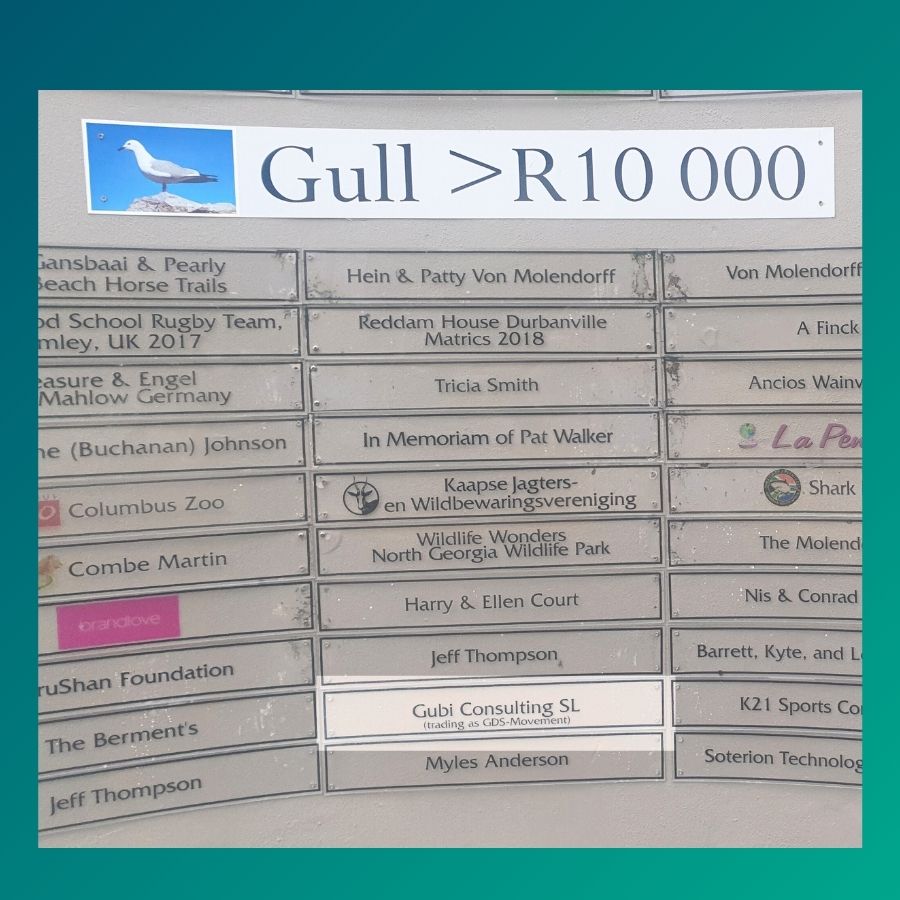
The GDS-Movement donation plate on the donor wall at the African Penguin & Seabird Sanctuary (Dyer Island Conservation Trust)
3. We donated to an African Penguin and Seabird Sanctuary. With an estimated 10 years left on earth, the endangered African Penguin species is quite literally finding sanctuary in the Dyer Island Conservation Trust which treats individuals and supplies shelters for chicks critical to their survival. Find out more about this essential work in their annual report.
4. We enlarged the Global Destination Sustainability Forest by 200 trees. This Trees for Life project helps to rewild the Scottish Highlands on an estate near Loch Ness in Glenmoriston. Dundreggan has ancient Caledonian pinewoods and superb birch and juniper woodlands, mires, wetlands, and wildflower meadows. It’s a wildlife haven where more than 4 000 species have been discovered, with some found nowhere else in the UK.
Inspired? We encourage you to support these or other deserving, impactful projects that benefit people, place, and planet as we go about business “unusual”.
Let’s move forward in the spirit of gratitude for, and anticipation of, the action we can take together to make a positive difference in all we do.
Join us?
– Have your say and keep up with our destination sustainability news
– Learn sustainability for tourism and events (with your whole team)
– Measure your impact so you can manage it better
– Define and refine your sustainability strategy (or let us help you create it)
– Put the “act” into impACT with our bespoke sustainability support for your business event
* These are part of the company’s offsetting efforts. Carbon offsetting is a practise, usually by a company, but also by individuals, to compensate for unavoidable greenhouse gas emissions by investing in projects that reduce or capture an equivalent amount of carbon elsewhere. As the majority of offsets in the voluntary carbon market are ineffective, the practise is most effective when certified projects are supported.

